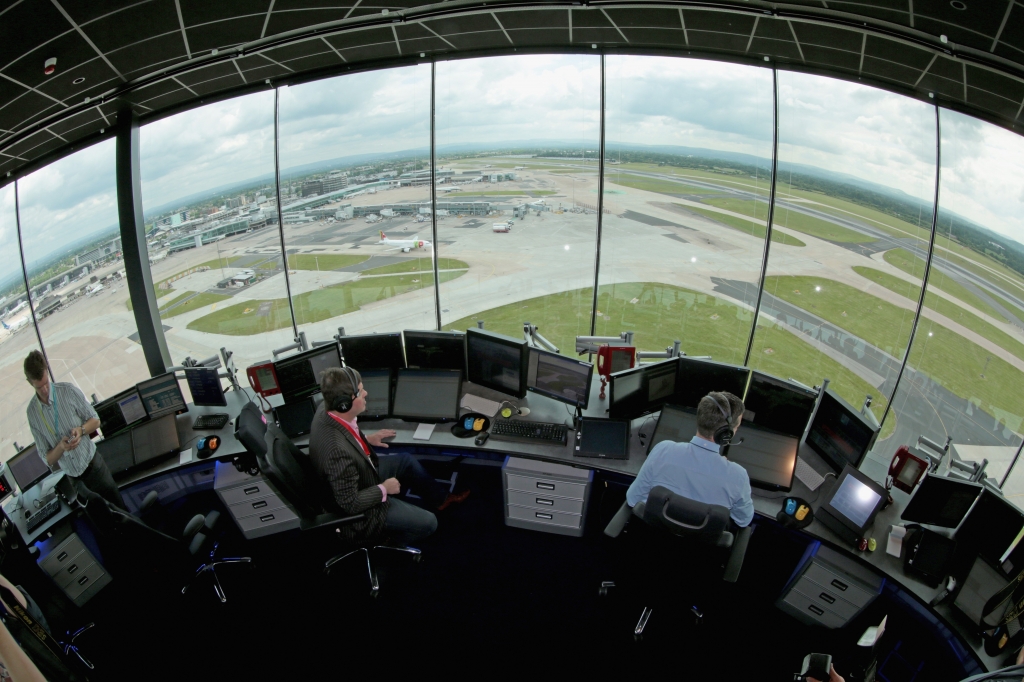-
Tips for becoming a good boxer - November 6, 2020
-
7 expert tips for making your hens night a memorable one - November 6, 2020
-
5 reasons to host your Christmas party on a cruise boat - November 6, 2020
-
What to do when you’re charged with a crime - November 6, 2020
-
Should you get one or multiple dogs? Here’s all you need to know - November 3, 2020
-
A Guide: How to Build Your Very Own Magic Mirror - February 14, 2019
-
Our Top Inspirational Baseball Stars - November 24, 2018
-
Five Tech Tools That Will Help You Turn Your Blog into a Business - November 24, 2018
-
How to Indulge on Vacation without Expanding Your Waist - November 9, 2018
-
5 Strategies for Businesses to Appeal to Today’s Increasingly Mobile-Crazed Customers - November 9, 2018
Study shows air controllers experience chronic fatigue
Two in 10 air traffic controllers admitted making significant mistakes within the past year, a government study reports – and half of those errors can be attributed to fatigue.
Advertisement
That was the judgment in a report written three years ago and released on Monday after the Associated Press obtained its own copy.
The study also concluded that 2 in 10 controllers had committed significant errors the previous year – such as bringing planes too close together. That’s according to a study conducted after the National Transportation Safety Board suggested that controller schedules be changed to provide rest periods that would give controllers enough sleep.
Overall, controllers whose activity was closely monitored by scientists averaged 5.8 hours of sleep per day over the course of a work week. But they averaged only 3.1 hours of sleep before midnight shifts and 5.4 hours before early morning shifts.
In a survey of nearly 3,300 controllers out of about 15,000, 61 percent reported they had caught themselves “about to doze off”.
More than a dozen recommendations to help prevent fatigue were laid out in the report, including getting rid of the six day a week schedules.
While controllers only work eight-hours shifts at a time, sleep deprivation can set in because of the quirks of their schedule.
“We here have been working six-day work weeks with minimal staffing, minimal breaks”, said the second controller.
The report itself was prompted by several embarrassing incidents of controller fatigue, including one at Virginia’s Reagan National Airport where two planes had to land without assistance after the only controller on duty fell asleep. Controllers are also permitted more time for “recuperative breaks” during shifts, workload permitting. “The fatigue modeling we’ve done shows that there is greater alertness using these updated scheduling practices”. Forty-nine of the 50 people on board were killed.
“As a result of all of these actions, the whole problem of controller fatigue has improved quite dramatically”, FAA Administrator Michael Huerta said in an interview.
The study was completed several months after a series of incidents involving controllers falling asleep on the job embarrassed FAA officials and led to the resignation of the head of the agencys air traffic organization.
Advertisement
Two controllers working at Albany global Airport in New York last summer described clearing a small airliner for takeoff on a runway that was closed for maintenance.





























